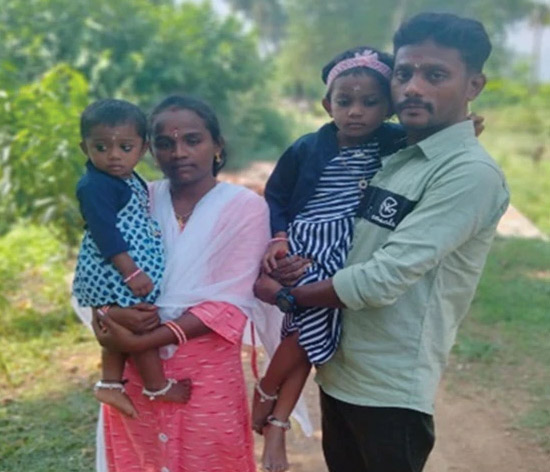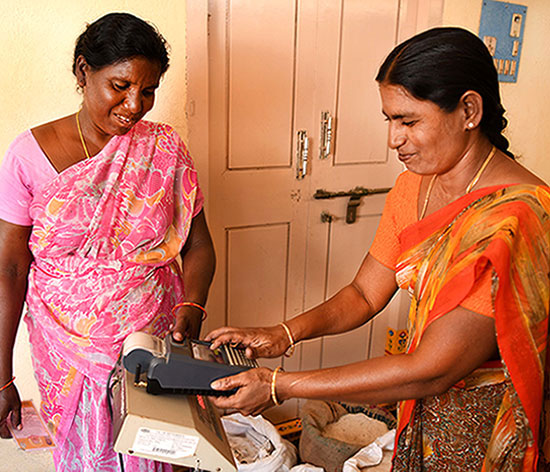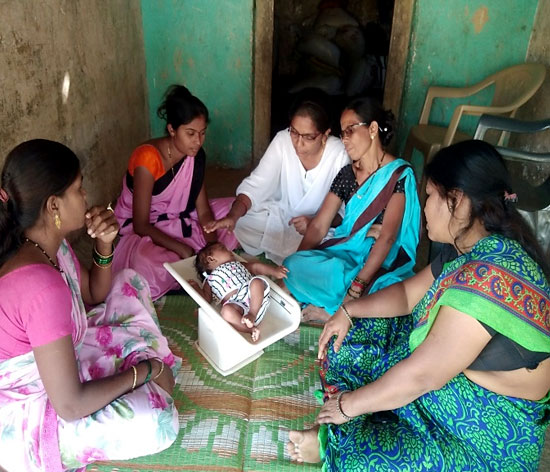Overview
Malnutrition is the worst form of non-communicable disease, a critical risk factor for chronic diseases later in life and therefore, a huge global healthcare burden. In India, it has taken the magnitude of a silent emergency. Undernutrition and micronutrient malnutrition in children, adolescents and women of reproductive age are rampant in our country. Maternal malnutrition has multigenerational adverse effects on human health and development. Malnutrition is also estimated to result in potential GDP losses of 2-3% and an over 10% potential reduction in lifetime earnings for each malnourished individual.
The Tata Trusts’ vision for fighting malnutrition is reflected in the words of the Chairman, Ratan N. Tata, “My most visible goal is to do something in nutrition to children and pregnant mothers in India. Because that would change the mental and physical health of our population in years to come.”
By partnering with other stakeholders such as non-profits, philanthropic organisations, and private organisations, and driving a number of varied interventions – all aimed at improving India’s nutritional parameters – the Trusts are working towards achieving large-scale sustainable impact in the fight against malnutrition. Our goals are aligned towards the UN Sustainable Development Goal 2 of ending hunger, helping the country achieve food security and improved nutrition, and promoting sustainable agriculture.
The Tata Trusts’ strategy for combating malnutrition is an integrated approach that focuses on three fundamental aspects. One, ensuring adequate nutrition among communities to promote optimal growth and mitigate health risks related to undernutrition. Two, strengthening existing nutrition programmes and schemes through appropriate modifications and support. Three, providing recommendations and data-backed advocacy to policymakers by developing research-backed products and extending technology support and data analytics to help tackle the challenges in meeting the nutrition goals of the country.
The Trusts’ multi-sectoral approach to address malnutrition in states such as Maharashtra, Rajasthan and Andhra Pradesh has underscored the benefits of an integrated solution to fight malnutrition. The Swasth Bharat Prerak Programme, a joint initiative of the Trusts and Government of India as part of the National Nutrition Mission, is expected to give a significant boost to promoting nutrition across 500 plus districts across India.
The Challenge
Fighting malnutrition in a complex and diverse country like ours is an arduous task. Despite sustained efforts, India’s success in combating malnutrition has been modest and slower than other countries with comparable socio-economic indicators. To make a real and sustainable impact, challenges need to be tackled at three different levels:
- The food itself: Deficiency of essential micronutrients such as iron, iodine, and vitamins (A, B12, D), also known as ‘hidden, hunger’ is a rampant issue in our country. India reports the largest burden of iron-deficiency anaemia, globally, with nearly 59% of children and 50% of pregnant women being anaemic (NFHS 4 report). Deficiency of iodine is another major public health concern. 5% of the population in 337 districts in India have iodine deficiency disorders and have been reported endemic. Many rural populations also continue to bear the burden of diseases caused by the deficiency of vitamins A, B12 and D. In addition to micronutrient deficiency, access to hygienic, wholesome and nutritious food still continues to be a challenge, especially for children in certain tribal belts of the country.
- Programme and processes: In a country of 1.3 billion, with a whopping 66 percent rural populace, implementing nutrition schemes and programmes is an uphill task. Therefore, programme parameters that impact anthropometric (the scientific study of the measurements and proportions of the human body) outcomes must be identified, defined and optimised. The failure to do so can have detrimental effects on the final goals of the programme and hence can keep the population in the vicious cycle of malnutrition.
- Policy: The vastness of our country and the sheer size of the population make it challenging for policymakers to develop data-driven nutrition policies. Developing high-impact, data-backed nutrition policies needs all stakeholders to come together. Collaboration technologies and processes are the need of the hour.
Because of the alarming impact and its inter-generational consequences, the Tata Trusts have identified malnutrition as a key focus area of work.
The Strategic Approach
Understanding that malnutrition is not the failure of nutrition alone but rather a combination of factors gives us at Tata Trusts the perspective to look at the problem holistically and approach it sustainably. Our strategy to tackle nutrition challenges in the country is based on three foundational pillars: product, platform and policy.













